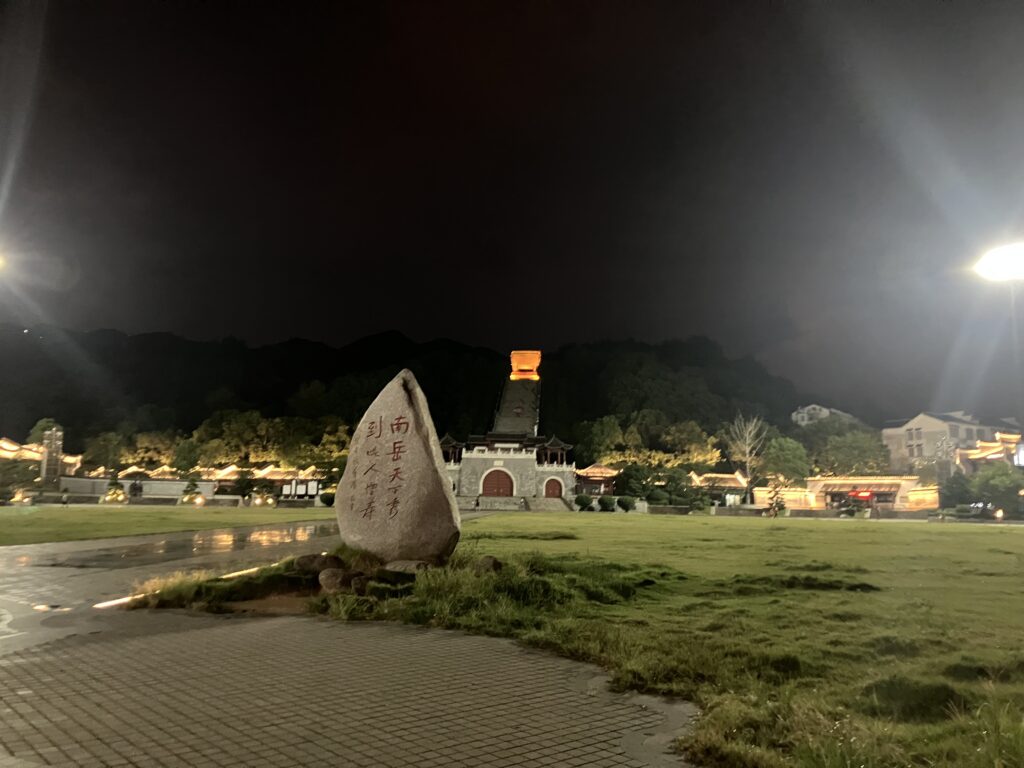Qiu, Ruijing, Michael Lackner, and Dorothee Schaab-Hanke. 2023. Gulangyu: Facetten einer Insel einst und jetzt. 1. Auflage. Deutsche Ostasienstudien 48. Großheirath: OSTASIEN Verlag.
Description:
Gulangyu, the “Drum Wave Island,” is just five minutes away by ferry from the city of Xiamen (Amoy). The island covers an area of just under 2 km²; fewer than 20,000 people live there permanently. Between 5 and 6 million tourists flock to the island each year.
What makes Gulangyu so fascinating? We explore historical documents and extensive literature, discovering buildings in the late Victorian colonial style of the International Concession that began in 1859. Foreign representatives preferred the island’s pleasant climate to Xiamen and built their consulates, clubs, and sports facilities on this small territory. We also find traces of missionaries and their churches, schools, and hospitals, as well as the residences of Chinese from Taiwan and Southeast Asia.
Numerous renowned Chinese authors have visited the island and dedicated poems and prose pieces to it: to the enchanting landscape, to the memory of the pirate and army leader Zheng Chenggong (Koxinga), who briefly trained his troops on Gulangyu in the mid-17th century, and also to the presence of foreign diplomats, missionaries, and traders. Music also plays a major role, and the island has produced many musicians. Hardly any other Chinese island has been so intensely sung about and praised, not least of all by locals such as the writer Shu Ting.
A multitude of photos from the past and present accompany the texts, and the accompanying author portraits document Gulangyu’s significant presence in Chinese literature.
Michael Lackner is Senior Professor of Sinology at the Friedrich-Alexander University of Erlangen-Nuremberg. His research area is the intellectual history of China – the scholarly practices of the Song period, the Jesuit mission, China’s modern scientific vocabulary, and the history of divination and fortune-telling.
Qiu Ruijing studied German and book studies. She is a German-Chinese translator with several published translations and numerous film and television subtitles, as well as a columnist for magazines such as Urban China . She currently works for a comics publisher in Swabia.
Dorothee Schaab-Hanke is a sinologist specializing in the history of pre-modern China. Together with Martin Hanke, she runs the East Asia Publishing House.
Credits: https://www.ostasien-verlag.de/reihen/deutsche-ostasienstudien/doas/048.html








